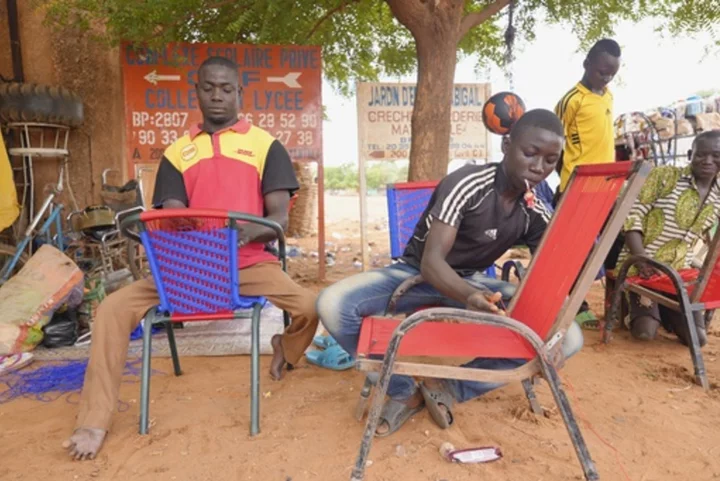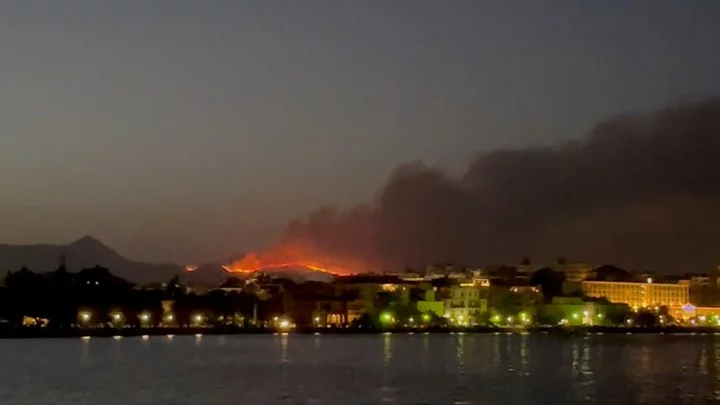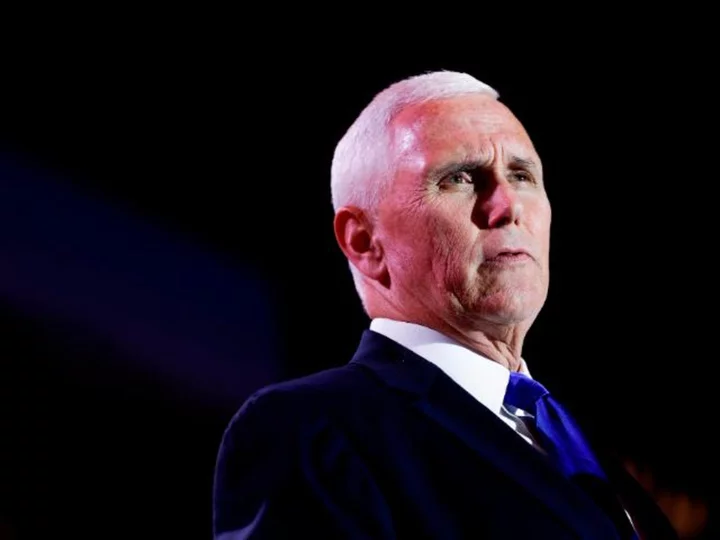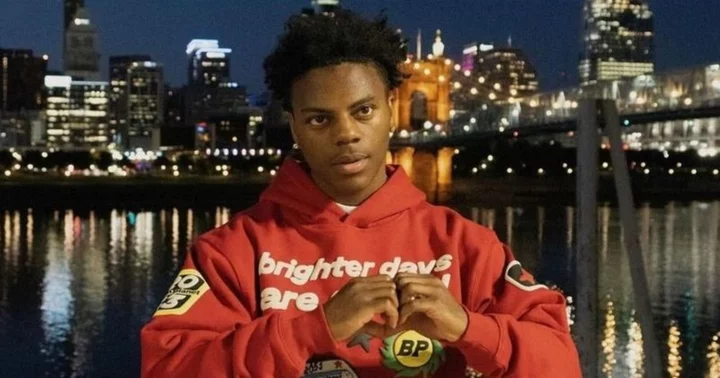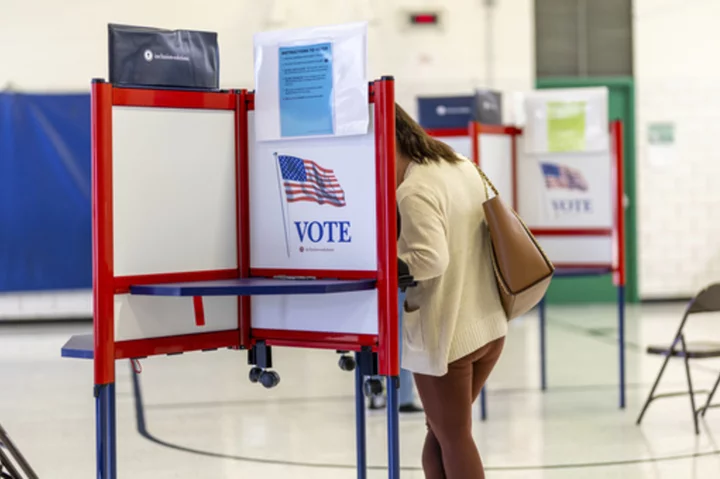NIAMEY, Niger (AP) — Human rights activists in Niger say they have been unable to gain access to top political officials detained after mutinous soldiers ousted the democratically elected president nearly three weeks ago.
After soldiers ousted President Mohamed Bazoum on July 26, they also arrested several former ministers and other political leaders, but requests to see them and check on their wellbeing have gone unanswered, Ali Idrissa, executive secretary of a local human rights group, the Network of Organizations for Transparency and Analysis of Budgets, told The Associated Press.
The junta has also been holding Bazoum, his wife and son under house arrest in their compound in the capital. Those close to Bazoum say his electricity and water have been cut off and he's running out of food. The junta says it plans to prosecute Bazoum for “high treason” and undermining state security. If convicted, he could face the death penalty, according to Niger’s penal code.
In a television broadcast Sunday evening junta spokesperson Col. Maj. Amadou Abdramane, said it was treating the detained officials humanely and that Bazoum had regular access to medical visits and no health concerns had been raised. It did not immediately respond to questions about whether rights organizations would be granted access.
In recent days the junta has been sending mixed signals about how open it is to resolving the region's crisis peacefully.
The West African regional bloc, ECOWAS has threatened military force if Bazoum is not released and reinstated and has activated a standby force to restore order in Niger. The junta, which had initially rebuffed attempts at dialogue and refused to allow mediation teams into the country, said it was open to speaking with the bloc.
But on Monday evening, in another statement on state television, spokesperson Abdramane said it was recalling the Nigerien ambassador from neighboring Ivory Coast, one of the bloc's 15 members, in response to President Alassane Ouattara's “eagerness” to use military intervention against Niger “with the aim of preserving interests that no longer correspond to those of present-day Niger."
A meeting with the African Union Peace and Security Council took place Monday to discuss Niger's crisis, but there has been no news on the outcome. The council could overrule the West African bloc’s decision if it thought an intervention threatened wider peace and security on the continent.
West Africa’s defense chiefs will also meet Thursday and Friday this week in Ghana to discuss the coup, a spokesperson for ECOWAS told the AP Tuesday. This is the first such meeting since the bloc ordered the deployment of the standby force.
A standby force would likely have several thousand soldiers from countries including Ivory Coast, Nigeria, Benin and Senegal. But it’s still unclear if or when it will be deployed.
“The amount of time needed to organize all the elements of the ECOWAS standby force will be shaped by the resources available for the individual countries and the regional body,” said Murtala Abdullahi, a defense and security analyst focused on Nigeria and the Lake Chad region.
The junta is entrenching itself in government and leveraging anti-French sentiment among the population against the former colonial ruler to shore up its support base.
There are near-daily pro-junta protests with people waving Nigerien and Russian flags, cars in Niamey fixing Russian flags to their windshields and children selling them to drivers stuck in traffic on the streets. Russian mercenaries, known as the Wagner group, already operate in a handful of African countries, including Mali, where human rights groups have accused its forces of deadly abuses. Niger’s junta asked Wagner for help earlier this month during a trip by some of its leaders to Mali.
On Tuesday, Mali's junta leader, Col. Assimi Goita, said on the X platform, formerly known as Twitter, that he had a telephone call with Russian President Vladimir Putin where they discussed Niger's situation and stressed the importance of finding a peaceful solution.
Niger, an impoverished country of some 25 million people was seen by many Western nations as the last democratic partner in the Sahel region south of the Sahara desert that countries could work with to beat back a growing jihadi insurgency linked to al-Qaida and the Islamic State group. The United States and France have approximately 2,500 military personnel in Niger who train its forces and in the case of France conducted joint operations.
Coups are rampant in the region, and neighboring Burkina Faso and Mali have each had two apiece since 2020, but they didn't incur the same international condemnation and pressure as with Niger.
“For ECOWAS and Western countries, this coup was seen as one too many. ... So far, however, the hard-line response seems to be having the opposite effect, and further entrenching the military regime,” said Hannah Rae Armstrong, an independent consultant on the Sahel.
___
Chinedu Asadu in Abuja, Nigeria, contributed.

